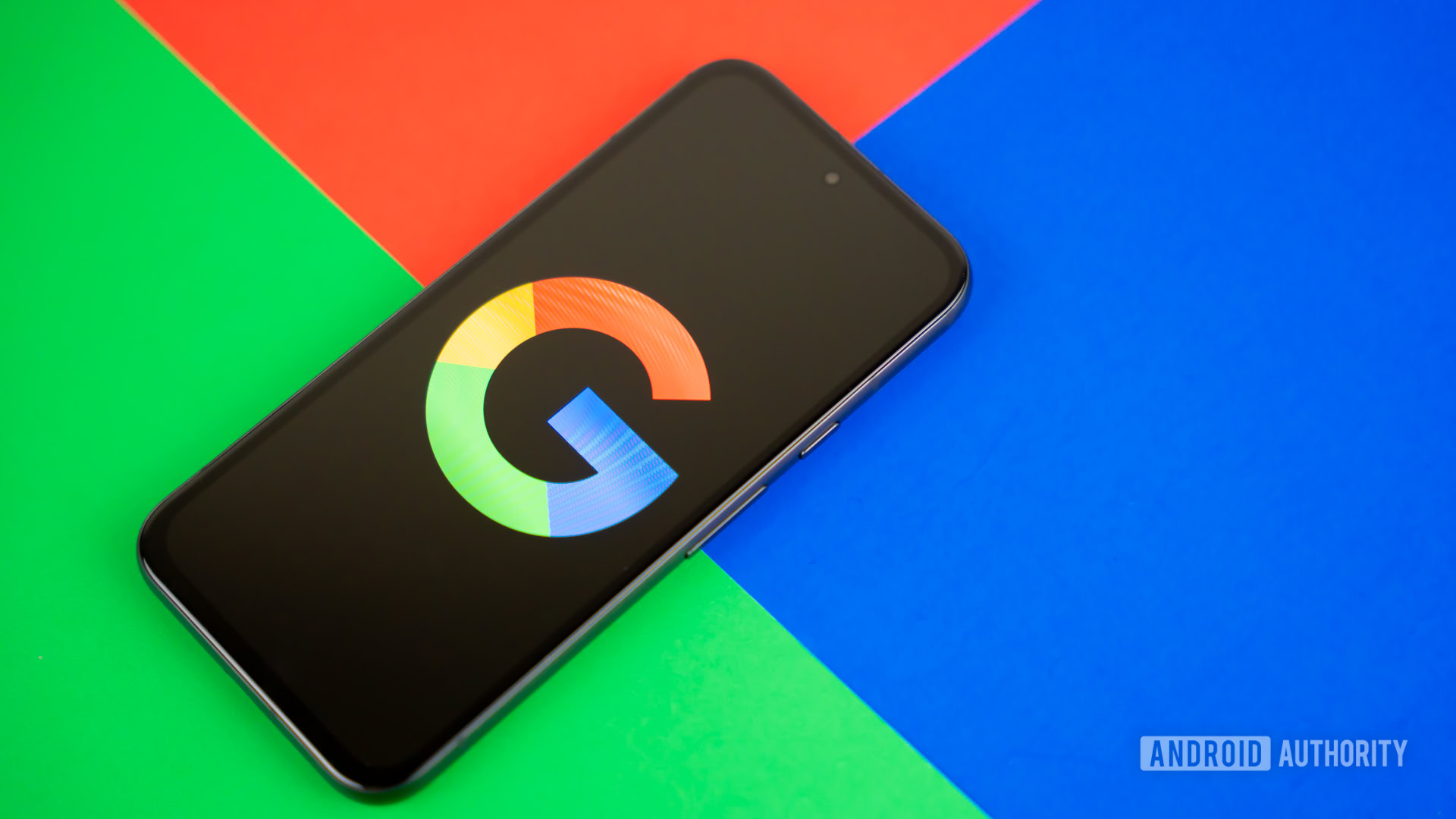Got to grassroots a more open platform over some decades like desktop Linux. Once a RISC-V phone comes out running some relatively normal Linux distro is out, I’ll buy it as a tinker with phone. At least it’ll be a portable battery powered device to run full desktop Linux when docked
Once a RISC-V phone comes out running
some relatively normal Linux distro is out, I’ll buy it as a tinker with phone. At least it’ll be a portable battery powered device to run full desktop Linux when dockedthe boot sequence in five minutes.But seriously, right now RISC-V’s performance sucks, to the point of daily driving Linux is a suffering.
Holy shit, the bootlicking and mental gymnastics in the article’s comments:
- Phones are good now! You don’t need custom ROMs!
- If you got nothing to hide you will use a stock phone!
- No average person loads custom ROMs, it’s a nerd thing!
Talking about rooting and custom ROMs is so frustrating because most of the replies are always like this.
“baCk iN mY dAy I UseD to RoOt mY gALaXy s2 bUt pHoNeS aRE sO GoOd tOdAy iTs pOinTlEsS nOw”
Motherfucker, we’re starting to not even be able to have full access to our own filesystem and Android gets more restrictive each year for alleged security reasons and you want to tell me this shit is not necessary anymore???Lemmy is potentially the first place where people actually fucking get it.
I really don’t get the doomsayers in this thread, all boasting about how android is secure and private – that’s bullshit. Android may be secure, and Google has a rep of doing secure stuff, but it’s hardly private, 'cos Google.
Then they go on about how you just can’t do that with regular linux. Wtf?
For the most part, mobile linux distros are adapted desktop distros and all the tools you can use on android for sandboxing et al you can use on regular linux.Are there linux distros for mobile that are on par with android? No, not at the moment and not with that attitude. Can there be? For sure, and Google’s pushing it in that direction.
If you’re gonna be doomsayers bitch about hardware drivers, that’s indeed an issue and even that, it’s, like regular linux, a matter of time until someone reverse engineers them.
Mobile phones are not secure. By design
Show me a better Sandbox than the one for android apps.
QubesOS.
How usable is it in comparison to Android? Not usable. Heavy hardware and skill requirements.
Flatpak tries to be like Android app on Linux, but is not that advanced like it.
Flatpak is a security nightmare. again, stop focusing on just sandboxing and look at the whole.
It has potential. Of course Android is much better. But In comparison to other Linux application formats its better.
I mean its pretty fundamentally broken. Seems the devs don’t care about security. Better to use something like apt
2026, year of the Linux phone
Linux sucks on ones especially from a security and usability perspective
Edit: For those down voting, what OS do you use on your phone? Everything I’ve tried has left a lot to be desired.
Linux sucks on ones especially from a security and usability perspective
Linux runs on like 99% of the servers that power the internet, and can do so rather securely.
Maybe try that again.
A server isn’t a mobile phone though
Would you care to elaborate with specific examples?
Since the original user doesn’t actually know the answer to the question asked, its because
Mobile Linux doesn’t support any sort of verified boot like android does, leaving it open to evil maid attacks
Mobile Linux doesn’t sandbox applications as well as android, leaving it open to spyware (Think Facebook intercepting Snapchat DMs, not old school steal your credit card spyware)
and I feel like there’s a third major big thing but I can’t recall it at the moment. Android’s security model is genuinely one of the most secure out of any modern operating system. I’m all for Linux phones, but they need to prioritize parity with Android security before I daily drive one.
Yeah, I though of those two & it’s just a thing that would get/will get developed if we get to daily drive Linux phones, imho.
Its not like it didn’t take Android years to get those two aspects covered.
I’m probably going to spam this around a bit, since most people don’t seem to know about it, but a reminder that FuriLabs has a (GNU+)Linux phone with decent spec.s and the ability to run Android app.s (from what I’ve heard) pretty decently: https://furilabs.com/
Biggest drawback is it’s based on Halium. Usual growing pains of a new product/company apply but apparently the company is pretty responsive and their dev.s have worked with customers to get things like calling working with the carrier and bands of their country where it hasn’t worked before so improvements move pretty quickly.
Collection of different experiences I’ve variously seen online over the last year or so:
- https://clehaxze.tw/gemlog/2025/07-20-flx1-actually-usable-linux-phone.gmi
- https://news.ycombinator.com/item?id=41839326
- https://www.reddit.com/r/linux/comments/1fa1ljn/furilabs_flx1/
- https://www.reddit.com/r/linux/comments/1j46f2w/flx1_linux_phone_display_out/
- https://www.theregister.com/2025/02/03/furiphone_flx1/
I don’t own one, myself, so I can’t give any personal experience but I’ve seen it around for a few years now but most people don’t seem to even know about it. Maybe there’s a reason for that? But none I’ve ever seen anyone say.
Halium
whats wrong with that
Basically, you’re tied to whatever Google-modified version of the Linux kernel you start with. All the complaints about not being able to get updates on Android apply and you’ll never get to run mainline kernel.
Not a deal breaker for me (especially when improvements here could go upstream) but it is, for some, so I just wanted to be upfront for anyone reading.
On the plus side, it’s probably part of why they’ve been able to get Android app.s working so well.
This is sad. I’m clinging to my GrapheneOS Pixel 7 until it completely breaks. By then I hope there will be decent Linux phone options or I might not get another phone at all.
Google can go fuck itself. The state stock phone from most major manufacturers come in with all that increasingly intrusive spyware that you can’t uninstall or turn off should be illegal.
If you’re on Graphene for security, Linux mobile will be the last thing you want as the security of those devices is akin to carrying around a bootloader unlocked android with no app sandboxing. You’d be better off buying a fair phone and using iodé until they can’t develop any further.
Not everyone runs dangerous proprietary apps that need sandboxing. Does my offline puzzle game need sandboxing? Firefox has its own sandbox built in.
Some people consider unlocked bootloaders a feature.
Everyone does run proprietary hardware with its own hardware vulnerabilities that could very easily be exploited and escalated without proper security. Unlocked bootloader leaves you open to very easy physical attacks. Phones batter is low and you need to charge it in a public space? You better hope no one had modified the charger with something like an RPI to silently exploit your phone. Crossing a border into a country and they suspect you’re some sort of threat? There goes all your personal information directly to their government. Not running software that updates the hardware’s proprietary software drivers? One text message and you’ve got a rootkit.
You are more than welcome to run less secure and/or insecure software. No one is telling you you can’t. If someone is on GrapheneOS however, they’re probably not using it to be on a less secure os. Most people don’t want a less secure os. I’m glad you currently have the option to do what you want, but this response to someone using a secure OS about how to stay secure didn’t really need an “um ackshually” about people who don’t want a secure os.
need to charge it in a public space? You better hope no one had modified the charger with something like an RPI to silently exploit your phone
Any secure Android device should be starting each USB session in device mode, set to charge only. It is usually not possible to change this mode without unlocking the screen. I don’t know what this has to do with sandboxing or unlocked bootloaders.
Crossing a border into a country and they suspect you’re some sort of threat?
How does this attack work? Are you saying they’d replace the operating system by using the unlocked bootloader? There are plenty of ways to prevent this with full disk encryption. Of course you need to check for modifications when you get it back, but that’s true even if you have a locked bootloader, because of hardware modifications and leaked keys.
Not running software that updates the hardware’s proprietary software drivers? One text message and you’ve got a rootkit.
In any of the open source Android distros, like LineageOS or GrapheneOS, those updates come as part of the operating system. The updater is open source, and doesn’t care whether your bootloader is locked. I assume a Linux Mobile system would be closer to Debian’s Apt system, which is also an open source updater than can install proprietary drivers, and also doesn’t care if your bootloader is locked.
didn’t really need an “um ackshually” about people who don’t want a secure os
This is pointlessly condescending.
Graphene OS is suck a joke and it sucks that we seem to be stuck with it.
For me personally I would never trust Graphene OS. It has way to much snake oil and is tied to a crazy narcissistic dev who is mentally unstable.
For now Lineage OS with MicroG will have to do but it isn’t ideal.
Care to elaborate on the snake oil?
A lot of the security features are things found in regular AOSP. Sure it does have some cool features but I think the community overhypes it quite a bit.
The biggest “snake oil” though is the sandboxed Google play services. Google services depend on Google to work and require your data to function. Privacy wise I haven’t seen anything explaining how Graphene magically makes it private. If they did somehow make it work offline they would likely get sued by Google for violating Google terms of service since Google play is proprietary. MicroG attempts to solve these issues but the main dev of Graphene OS harassed the MicroG team instead of working with them. That is a common thing in Graphene. The devs like to be the center of attention so they don’t work with anyone else in the community.








